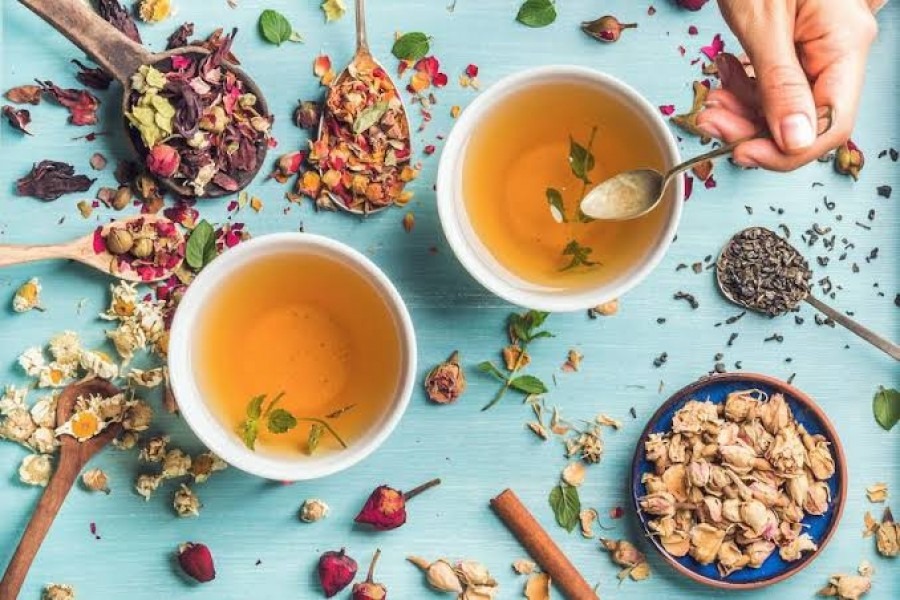
Published :
Updated :

After five and a half decades of independence, the health sector in Bangladesh remains mired in a mix of severe mismanagement, rampant corruption, and insensitivity. Despite making significant advancement in medical infrastructure and human resources, the sector has yet to provide basic medical treatment to millions of people in the country. Public spending on health is also inadequate. The allocation for health as a share of the proposed budget decreased from 5.50 per cent in FY25 to 5.30 per cent in FY26. The allocation for health as a share of gross domestic product (GDP) is also as low as 0.75 per cent in the outgoing FY. Against the backdrop, the Health Sector Reform Commission, formed by the Yunus-led interim government, submitted its report along with a set of recommendations to fix the problems.
There are, however, some limitations of the report, especially in portraying the country's medical treatment status. It is disheartening to note that the commission has undermined the role of traditional medicine, on which a large number of people depend. The commission report mentioned that less than 2 per cent of the population availed themselves of treatment using traditional medicine in the last year. In reality, at least one-fourth of the population is heavily dependent on three major types of traditional medicines. These are Homeopathic, Unani and Ayurvedic. There is a growing demand for traditional drugs in the country as well as rest of the world.
The use of traditional medicine has been integrated into this region for more than 3,000 years. South Asia itself is a global hub of such medicine, also known as ancient Indian medicine, specifically Ayurveda. It is a holistic system of medicine that began in this region. Ayurveda means the study of life and takes a natural approach to all aspects of health and well-being. Again, the Unani System of Medicine, one of the world's oldest healthcare systems, is also popular in South Asia. Originating in Greece (Yunan), Arabs and Persians significantly developed the system during the medieval age. The system was later adopted in India and continues to coexist with Ayurveda.
It's important to dispel the misperception that Ayurvedic medicine is exclusively for Hindus and Unani for Muslims. While it's true that Muslims have made significant contributions to the development and use of Unani medicines, it's equally important to note that some Unani medicine practitioners are non-Muslims. Similarly, the number of Muslim Ayurvedic medicine practitioners is not insignificant. This diversity in the practitioners of traditional medicine, with both Hindus and Muslims widely using Homeopathic medicines in Bangladesh, underscores the inclusive nature of these healthcare systems.
By ignoring the role of traditional medicines, the Health Sector Reform Commission has made a major mistake. The commission's approach to traditional medicines and its practitioners also sends a wrong message to society. Traditional medicine practitioners are not quacks, as the former are recognised under the Bangladesh Unani and Ayurvedic Practitioners Ordinance, 1983. In 2011, the health ministry developed an Operational Plan for Alternative Medical Care to provide Unani, Ayurvedic & Homeopathic Medical services 'throughout the country along with the Allopathic treatment to ensure quality & equitable health care for all citizens of Bangladesh.' Several Unani, Ayurvedic, and Homoeopathic colleges are in operation in the country for decades to provide essential education, training, and skills in traditional medicine. At present, there are at least three thousand graduate practitioners of three main types of traditional medicine. The number of diploma and certified practitioners is around 50 thousand across the country. There are some 600 traditional medicine manufacturing units in the country.
It is difficult to comprehend why the reform commission did not take traditional medicine into due consideration and concentrated only on mainstream Allopathic medicine and treatment. Already, Unani, Ayurvedic and Homeopathic practitioners have lodged their protests and also organised a press briefing to present the status of traditional medicine. At the briefing last month, they also raised questions regarding the commission's recommendations that suggest that none except those having an MBBS and BDS degree should be allowed to identify themselves as a medical practitioner. The recommendation goes against the existing rules and regulations governing the country's traditional medicine sector. The commission, thus, needs to revisit the flawed approach to traditional medicine.
asjadulk@gmail.com


 For all latest news, follow The Financial Express Google News channel.
For all latest news, follow The Financial Express Google News channel.